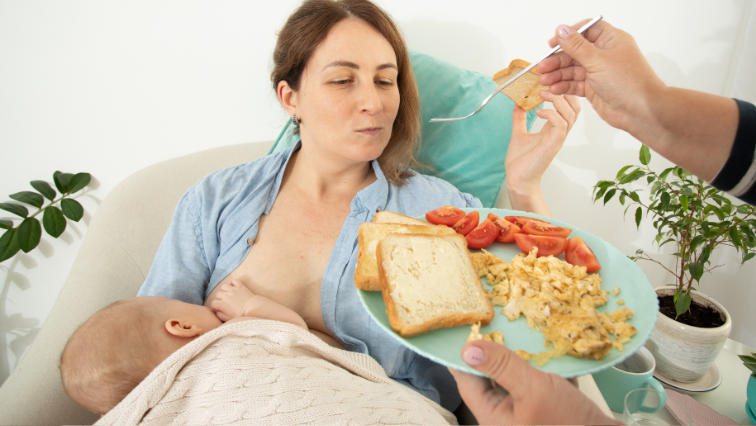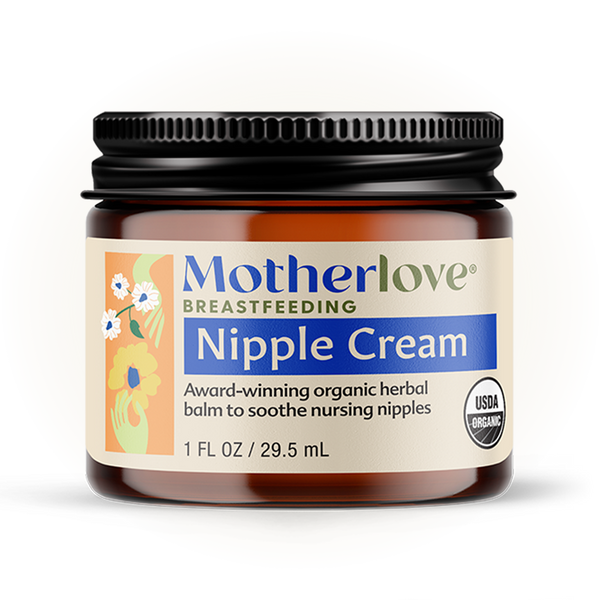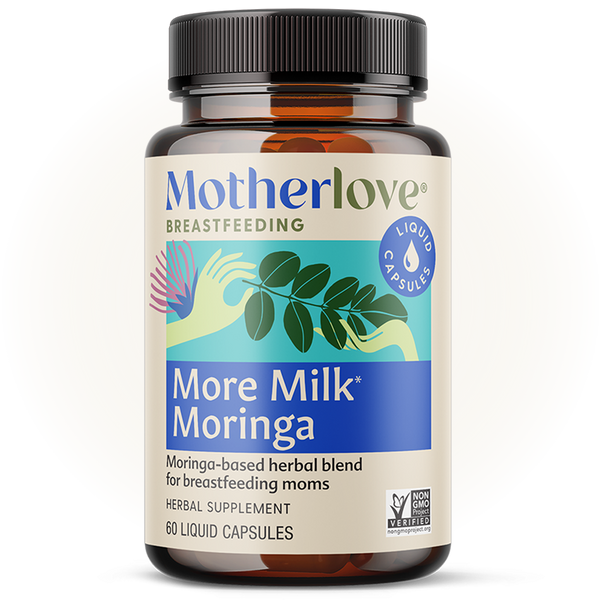Written by Mia.
Maybe you took a sip of champagne post-delivery, but you still have a while before you can eat and drink with complete abandon postpartum. What you consume passes to your baby through your breast milk and can affect their growth and development.
Furthermore, certain inflammatory foods could make it harder for your body to recover from pregnancy. You need nourishment to recover and thrive. Here are six foods new moms should avoid postpartum and what to eat instead.
6 FOODS TO AVOID
While some of these foods are healthy after you finish breastfeeding, others are worth avoiding for good if you hope to improve your overall health. It's important to note that this list is not a "one-size-fits-all." This list is intended to help give you a general foundation of which foods are often best to avoid, and which foods can help you thrive.
1. Ultra-Processed Foods
Most food is processed in some way before you eat it, but ultra-processed foods barely resemble their natural forms. They include the following:
- Many prepackaged convenience meals
- Chips
- Sugary breakfast cereals
- Candy
- Processed meats like lunch meat
- Many mass-produced baked goods
These foods can be problematic in excess because they increase the risk of health related issues. Consider reducing or eliminating consumption, especially if you had gestational diabetes.
2. Alcohol
The Academy Of American Pediatrics (AAP) recommends against drinking alcohol while breastfeeding. Alcohol does get into your breast milk and can affect your baby and breastfeeding journey. However, organizations do not advise against it if done carefully to minimize baby’s exposure to alcohol in milk. The AAP has guidelines on safer alcohol consumption by breastfeeding moms. When it comes to alcohol and breastfeeding, it’s all about moderation. In general, having one drink every now and then is not an issue. However, drinking daily or in large amounts frequently is usually ill-advised.
3. Caffeine
If you’re a coffee drinker, it’s best to drink it, along with other forms of caffeine, in moderation if you’re breastfeeding. It has been found that caffeine can be found in breast milk. The Center for Disease Control (CDC) recommends that mothers limit their caffeine intake to about 300 milligrams (about 2-3 cups of coffee). In short, it’s best to limit your intake of caffeine while breastfeeding to 200 to 300 milligrams per day.
We have a full blog on drinking caffeine while breastfeeding if you're looking for more information on this topic.
4. Certain Fish
While you should eat fish for the omega-3 content, the species you choose matters. Large fish like mackerel may contain high mercury concentration. Safer choices include the following varieties:- Salmon
- Trout
- Tilapia
- Cod
- Sardines
- Anchovies
- Shrimp and other shellfish
5. Gassy Foods
Here’s where you must use your judgment, mama. Some new moms report that their babies become fussy when their diets contain high amounts of foods like kale, broccoli and beans. If it produces gas in adults, may similarly affect your infant, although some children tolerate such foods without trouble.
6. Foods High in Pesticides
Nearly 75% of non-organic fresh produce sold in the U.S contains residue from potentially harmful pesticides. Choosing organic fruits and vegetables can significantly reduce the amounts of the residues from pesticides in a person’s body. While switching completely to organic produce may be a challenge due to availability or a person’s budget, there are ways to make healthier choices while keeping your budget in mind. Following the “Clean Fifteen” list, or the list of non-organic produce found to have the lowest amounts of pesticide residues according to the latest EWG’s analysis, can help save some money while making wise choices. At the same time, avoiding non-organic produce found on the “Dirty Dozen” list and choosing organic options for those items can be a better choice for you and your little ones.
THE BEST POSTPARTUM FOODS FOR NEW MOMS
Nourishing your body to recover from pregnancy means eating plenty of the following:
- Fresh fruits and vegetables
- Healthy, plant-based snacks like nuts, seeds and legumes
- Whole grains
- Lean proteins like fish, chicken and plant-based sources like lentils
Doing so ensures you have the nutrients you need to recover. In addition, postpartum moms face unique health risks. Those who had gestational diabetes are more likely to develop the Type 2 form of the disease after giving birth.
Additionally, some women develop a potentially fatal condition known as peripartum cardiomyopathy, which weakens their heart. A healthy diet helps, as those who consume one to two servings of fatty fish weekly reduce their risk of dying from heart disease by 36%.
WHAT TO EAT AND AVOID POSTPARTUM
New moms must nourish themselves to recover from pregnancy postpartum. They also need to consider their growing infant, protecting them from harmful substances and ensuring they have adequate nutrition. Knowing what to eat and avoid postpartum goes far in preserving your and your new baby’s health while helping you both thrive!
*This is not intended to be medical advice. Please consult with your healthcare provider.






